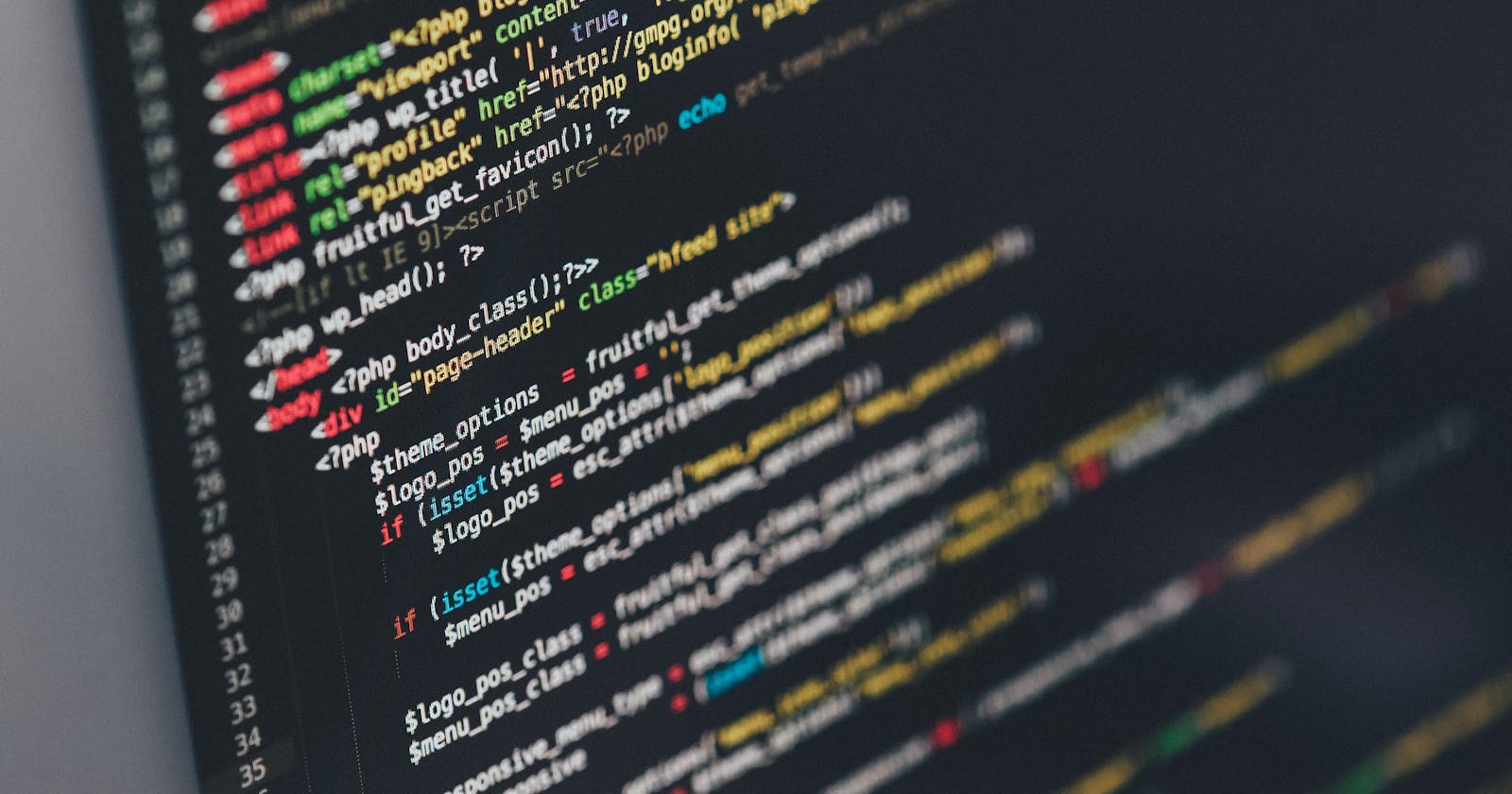Programming is a powerful tool for creating software applications that can automate tasks and solve problems. However, writing efficient and maintainable code is crucial to ensuring the longevity and success of any project. In this article, we will discuss 10 tips for writing clean and efficient code that can help you improve your coding skills.
Write Code with a Clear Purpose - Before starting to write any code, it's important to understand the problem that you are trying to solve. Writing code with a clear purpose in mind will help you avoid unnecessary complexity and focus on the most important aspects of the project.
Use Descriptive Names - Naming conventions are an essential part of writing clean code. Use descriptive names for variables, functions, and classes to make your code more readable and self-documenting.
Keep Functions Short - Functions that are too long can be difficult to read and understand. Keep your functions short and focused on a single purpose to make your code easier to maintain and debug.
Avoid Magic Numbers - Magic numbers are hard-coded values that have no context or explanation. Use constants or variables instead to make your code more flexible and easier to modify.
Use Comments Wisely - Comments are a useful tool for explaining complex code or documenting special cases. However, too many comments can make your code cluttered and harder to read. Use comments sparingly and only when necessary.
Practice Good Indentation - Indentation is an essential part of writing clean and readable code. Use consistent and clear indentation to make your code more readable and understandable.
Test Your Code - Testing your code is a crucial step in the development process. Write tests for each function and class to ensure that your code is working as expected and avoid unexpected bugs in production
Refactor Regularly - Refactoring is the process of improving existing code without changing its functionality. Regularly refactoring your code can help you remove unnecessary complexity and make it easier to maintain over time.
Keep Your Code Modular - Modular code is easier to read, maintain, and test. Break your code into smaller, more manageable modules to make it easier to work with and reduce the risk of unexpected bugs.
Learn from Others - Learning from others is an essential part of becoming a better programmer. Read code from other developers, participate in online forums, and attend coding events to improve your skills and stay up-to-date with the latest programming trends.
In conclusion, writing clean and efficient code is essential for any programming project. By following these 10 tips, you can improve the readability, maintainability, and overall quality of your code. Happy coding!
David xx
from Ologescript

